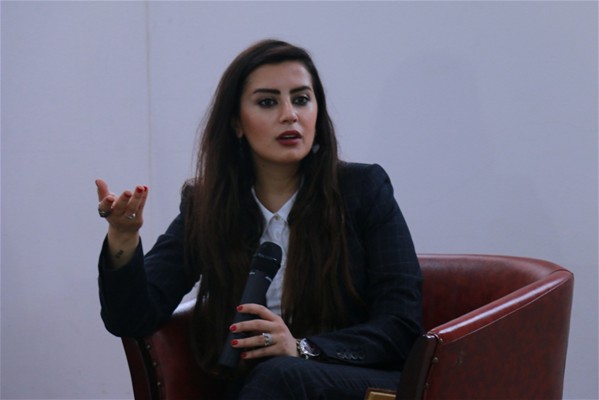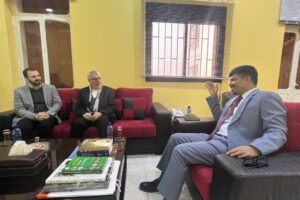“Female Journalists and their Career Difficulties”: Interview with the Lebanese journalist Ghadi Francis
- Posted by USAL
- Date May 10, 2016

The communication arts students at the University of Sciences and Arts in Lebanon organized a dialogue entitled “Female Journalists and their Career Difficulties” with the Lebanese journalist Ghadi Francis. Francis discussed her own professional experience and the difficulties she encountered throughout her career pathway from its beginning in journalism until the television- correspondent post.
Francis confirmed that women’s career in media, unlike what’s well known, is easier than men’s. Her experience in covering the war in Syria made her realize that the media job gives her an access to any place, even to a dangerous one.
She noted that: “A media job is time exhaustive, where public issues keep one away from his / her family and friends and so, it becomes hard to balance between both.”
She also pointed out: “The major struggles in a media job were not faced while covering wars, nor in the multiple arrests I faced, but in being a liberal journalist, free from any subordination or dependence to anyone.” She said: “My duty as a journalist is to always tell the truth and believe in it. However, if I were dependent on someone, then I would be working for him rather than to the public.”
Then, she added: “The beatings and insults any journalist may encounter is “a baptism of fire”, because this is the price for reporting the truth.” Francis believes that the journalist should not be sorry if someone insulted him, “people do not insult you, but the image they have in their mind about you which is a superficial and imperfect image.
Francis noted that the true learning takes place through job experience. She quoted the late journalist Joseph Samaha: “The most important school of journalism is journalism itself.” She emphasized: “Media is a profession not like any other. It is a total dedication, and is not restricted or limited by any schedule. A true journalist gives away to the profession more than he gains from it.”
She added: “To become a journalist, you have to start from an anger or a disappointment you feel towards a certain situation. It is hard for someone without an opinion or ideology to become a true journalist.”
Francis finally observed that this era gives the journalists the methods and opportunities to succeed especially with the development of channels of communication and social networks.




